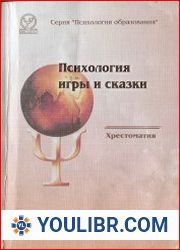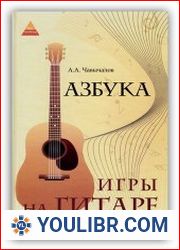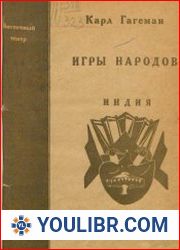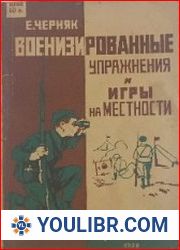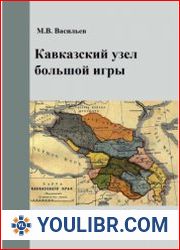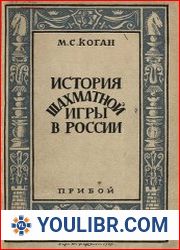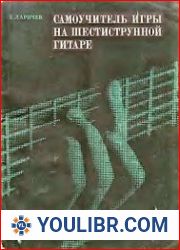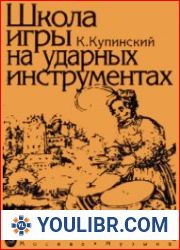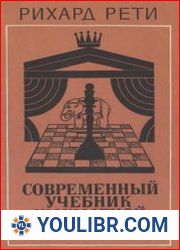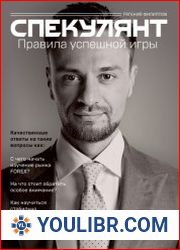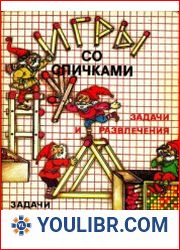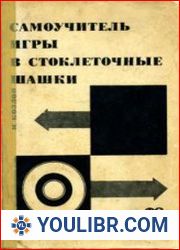
BOOKS - SCIENCE AND STUDY - Рефлексивные игры

Рефлексивные игры
Author: 10,18 МбМонография посвящена обсуждению современных подходов к математическому моделированию рефлексии. ы вводят в рассмотрение новый класс теоретико-игровых моделей - рефлексивные игры, описывающие взаимодействие субъектов (агентов), принимающих решения на основании иерархии представлений о существенных параметрах, представлений о представлениях и т.д. Анализ поведения фантомных агентов, существующих в представлениях других реальных или фантомных агентов, и свойств информационной структуры, отражающей взаимную информированность реальных и фантомных агентов, позволяет предложить в качестве решения рефлексивной игры информационное равновесие, которое является обобщением ряда известных концепций равновесия в некооперативных играх.Рефлексивные игры дают возможность моделировать поведение рефлексирующих субъектов, исследовать зависимость выигрышей агентов от рангов их рефлексии, ставить и решать задачи рефлексивного управления, единообразно описывать многие явления, связанные с рефлексией (скрытое управление, информационное управление через СМИ, рефлексию в психологии, художественных произведениях и др.).Книга адресована специалистам в области математического моделирования и управления социально-экономическими системами, а также студентам вузов и аспирантам.td>tr>
Year: 2003
Format: DJVU | PDF
File size: 10,18 MB
Language: RU

Year: 2003
Format: DJVU | PDF
File size: 10,18 MB
Language: RU
The monograph is devoted to the discussion of modern approaches to mathematical modeling of reflection. The authors introduce a new class of theoretical game models - reflective games that describe the interaction of subjects (agents) making decisions based on a hierarchy of ideas about significant parameters, ideas about ideas, etc. Analysis of the behavior of phantom agents existing in the representations of other real or phantom agents, and the properties of the information structure reflecting the mutual awareness of real and phantom agents, makes it possible to propose information equilibrium as a solution to the reflexive game, which is a generalization of a number of well-known concepts of equilibrium in non-cooperative games. Reflective games make it possible to model the behavior of reflective subjects, explore the dependence of agent wins on their reflection ranks, set and solve reflective control problems, uniformly describe many phenomena associated with reflection (hidden control, information management through the media, reflection in psychology, works of art, etc.). The book is addressed to specialists in the field of mathematical modeling and management of socio-economic systems, as well as university students and graduate students.










